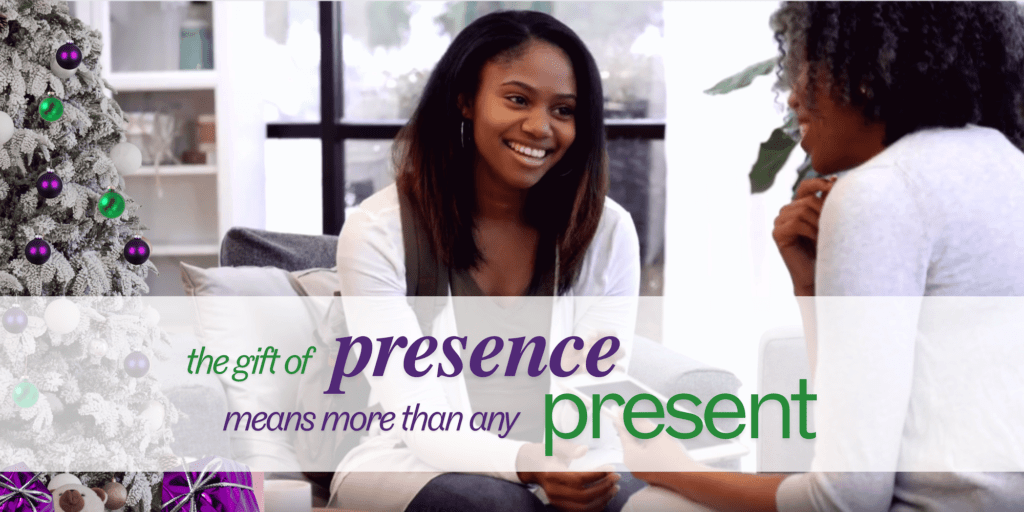The Value of Your Values
Values?
Let’s start with what it means to have values. Values are the direction in which we live our lives. Clinician, Steve Hayes, calls values “intentional qualities of action that join together a string of moments into a meaningful path. When Hayes talks of values, he’s referring to qualities like education, compassion, charity, creativity, etc.
Values are not Goals
Unlike goals, values are not specific achievable activities. They are more like the concepts in life that we find to be important. For example, you might have a goal of becoming a social worker. Yet, that achievable goal comes from your value of helping others.
Another important difference is that values can be lived daily. If you think it is important to help others, you don’t have to wait until you achieve your goal of becoming a social worker to do it. You can help an elderly lady cross the street or mow your neighbor’s lawn. You can find something to do every day that fulfills your values
Finding Values
We begin developing our sense of values when we enter the world. Our families and the way that we were raised heavily influence what we consider important. People often find that they have a moral code that is similar to that of their value. The same may be true of our spiritual beliefs. We do not always just absorb the values of our family. We filter them through our experiences, which can alter our values from those of our family. Say your mom put pressure on you to perform well in athletics because she valued achievement. You may adopt that same value, or you may want to avoid pressuring your children by encouraging more curiosity and fun instead.
Many people also develop values that were absent in their childhood. For example, a man who grew up in poverty may be likely to value financial security. A woman who grew up in a foster care home may deeply value family connection.
Your Daily Values
Sometimes we do so without realizing it. We might think that acting towards our values only leads to the enjoyment of life. But look more deeply. While moving towards your values can often lead to enjoyment, you might also find challenges as well. Moving towards the value of health and fitness comes with the pain of aching muscles after a workout. Moving towards the value of sobriety comes with the pain of withdrawal and resisting urges. Values don’t always feel good.
In the same way, moving away from values also causes pain, but in a different sense. While moving towards your values comes with the pain of change, there’s usually a sense of fulfillment at having done something that is important to you. But the pain of moving away from your values tends to cause disenchantment and a lack of fulfillment. In fact, both the states of disenchantment and fulfillment are actually cues you can use to begin exploring and identifying what you value. Clearly identifying your values is an important step to living them – on purpose – every day.
Curious about what you value? Try completing one of these exercises.
 Contributed by
Contributed by
Supervised by Dr. Amy Fuller, PhD, LMFT-S, LPC-S










